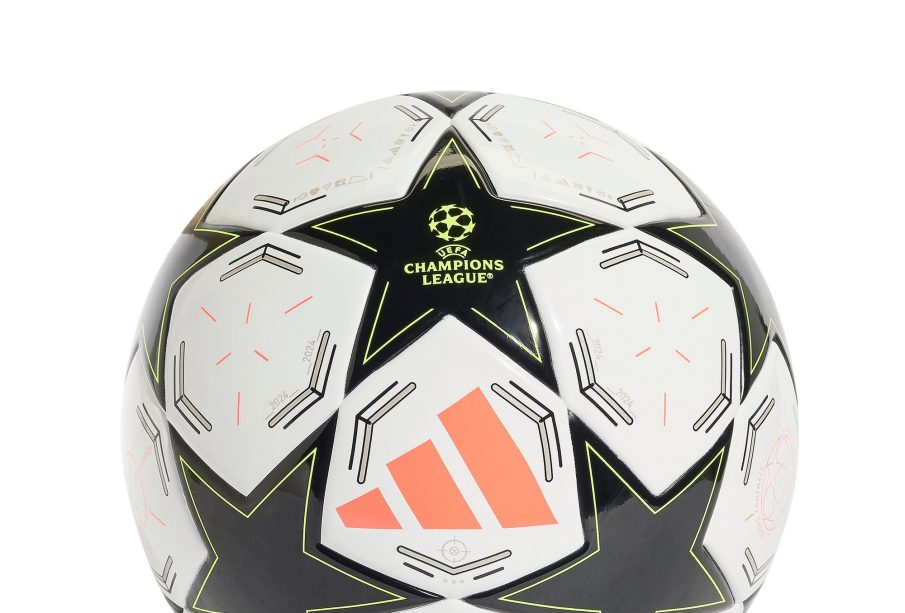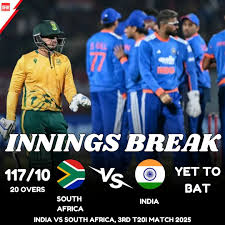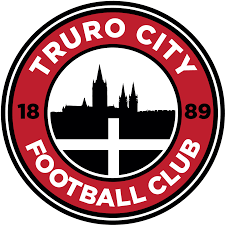Exploring the Legacy of the European Cup

Introduction to the European Cup
The European Cup, established in 1955, has long been regarded as one of the most prestigious tournaments in club football. Renamed the UEFA Champions League in 1992, this competition showcases the elite clubs from across Europe, drawing immense global attention and passion. Its significance goes beyond the pitch, impacting club economics, fan engagement, and the very culture of football on the continent.
Key Facts About the European Cup
Originally set up as a knockout competition, the tournament has evolved significantly over the decades. Initially dominated by teams like Real Madrid, which won the first five editions, the competition has seen various clubs, including AC Milan, Liverpool, and FC Barcelona, etch their names in history. The current format includes a group stage followed by knockout rounds, culminating in a dramatic final held in prestigious stadiums. Each season, millions tune in to witness the passion and drama of Europe’s best teams competing for the coveted trophy.
Recent Trends and Developments
The 2022-2023 UEFA Champions League concluded with Manchester City claiming their first title, reinforcing their status as a football powerhouse. The success of clubs in the tournament often reflects broader trends in the sport, such as the increasing importance of financial backing and strategic management, as clubs compete not just on the pitch but in player acquisitions and global marketing. Additionally, the rise of social media has transformed how fans interact with the competition, creating vibrant communities around the matches.
Impact on Global Football
The European Cup significantly influences global football dynamics. Its financial clout helps top clubs attract elite players from around the world, driving player salaries and shaping competitive landscapes. Moreover, the tournament inspires upcoming talent, providing a forum for young players to showcase their skills on a grand stage, often leading to career-defining moments.
Conclusion: The Future of the European Cup
As the European Cup continues to evolve, discussions regarding possible format changes and the increasing disparity between Europe’s elite clubs and smaller ones remain at the forefront. The UEFA Champions League’s ongoing appeal lies in its unpredictable nature, where any match can result in a stunning upset. For fans and players alike, this tournament will continue to represent the pinnacle of club football, championing the drama, skill, and tenacity that exemplify the sport. With each passing year, the significance of the European Cup remains interwoven into the fabric of football history, ensuring its legacy for generations to come.








